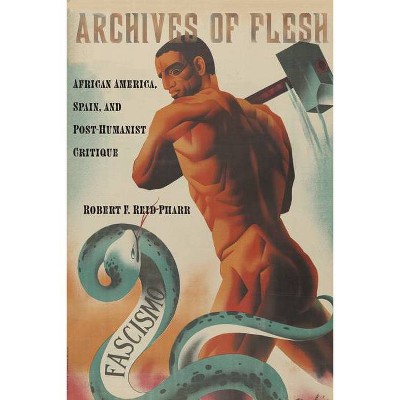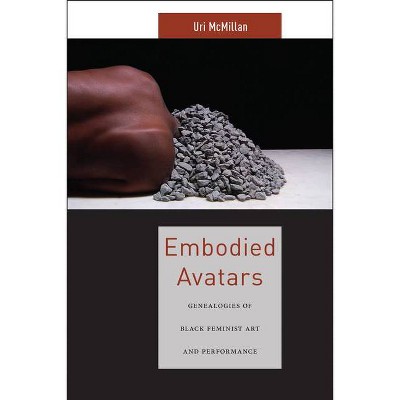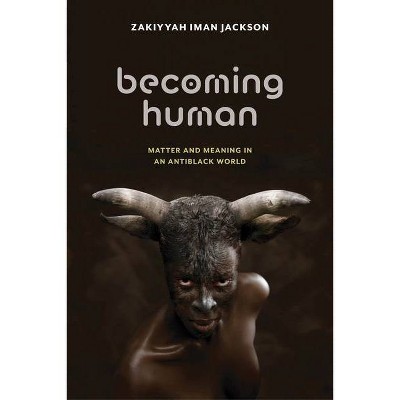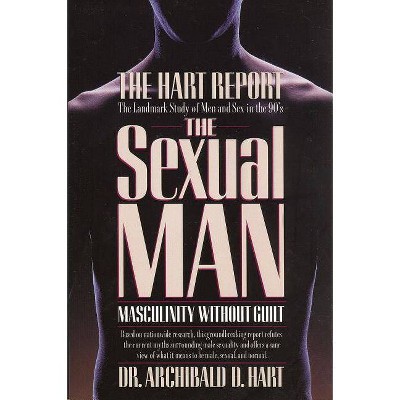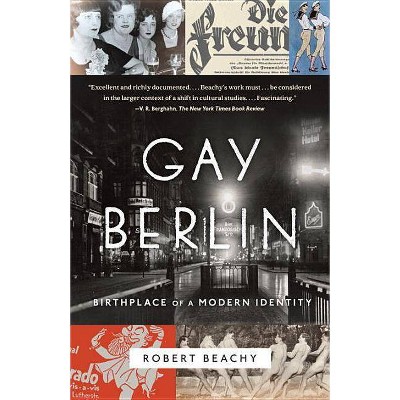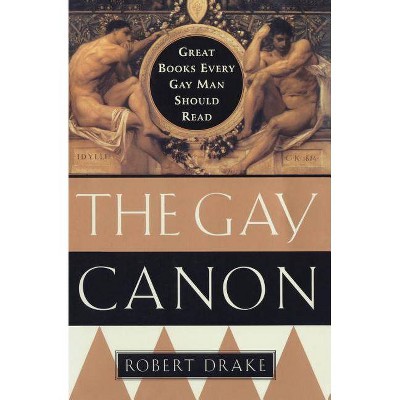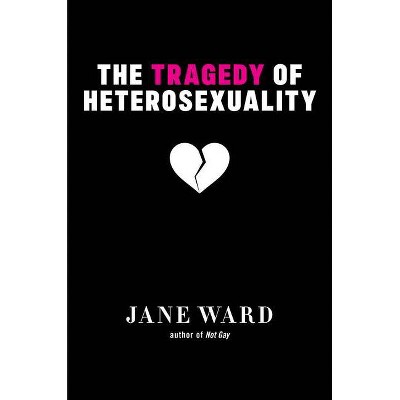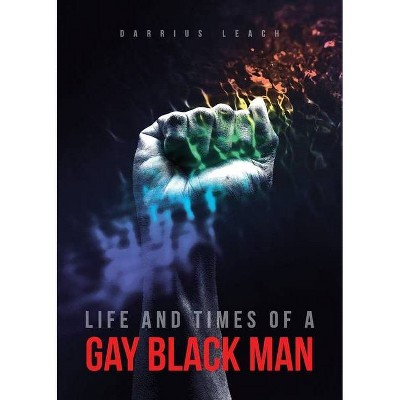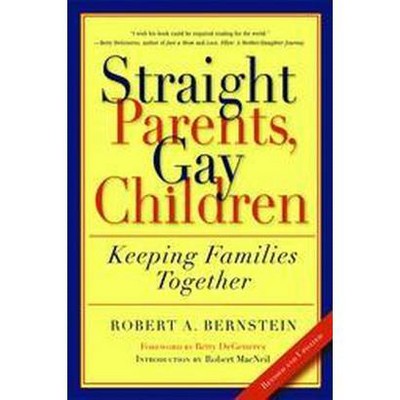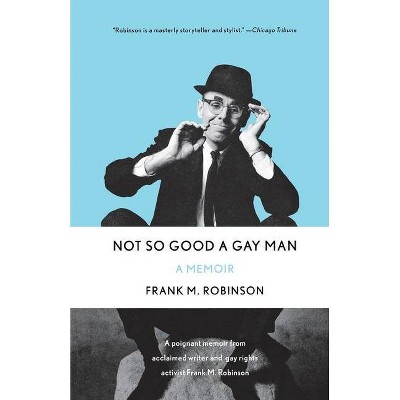Black Gay Man - (Sexual Cultures) by Robert F Reid-Pharr (Paperback)
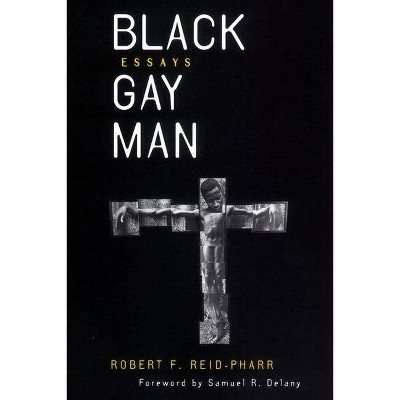
Similar Products
Products of same category from the store
AllProduct info
<p/><br></br><p><b> Book Synopsis </b></p></br></br><p>At turns autobiographical, political, literary, erotic, and humorous, <em>Black Gay Man</em> will spoil our preconceived notions of not only what it means to be black, gay and male but also what it means to be a contemporary intellectual. Both a celebration of black gay male identity as well as a powerful critique of the structures that allow for the production of that identity, <em>Black Gay Man</em> introduces the eloquent new voice of Robert Reid-Pharr in cultural criticism.</p> <p>At once erudite and readable, the range of topics and positions taken up in <em>Black Gay Man</em> reflect the complexity of American life itself. Treating subjects as diverse as the Million Man March, interracial sex, anti-Semitism, turn of the century American intellectualism as well as literary and cultural figures ranging from Essex Hemphill and Audre Lorde to W.E.B. DuBois, Frantz Fanon and James Baldwin, <em>Black Gay Man</em> is a bold and nuanced attempt to question prevailing ideas about community, desire, politics and culture. Moving beyond critique, Reid-Pharr also pronounces upon the promises of a new America. With the publication of <em>Black Gay Man</em>, Robert Reid-Pharr is sure to take his place as one of this country's most exciting and challenging left intellectuals.</p><p/><br></br><p><b> Review Quotes </b></p></br></br><br>A wonderful thing of work and play, feeling and thought, that moves through my brain as though I needed to be reminded of why I chose life as an intellectual. Reading Black Gay Man I realized once again that we all do indeed need to be reminded that to think, write, and read about identity, in this moment of fear and hysteria around a & different' world, is to assist a necessary articulation: the new trying to make itself out ofnot separate fromthe carcass of the old.--Wahneema Lubiano, Duke University<br><br>Considering political events, publications, social movements and cultural developments that emerge from the early 1960s through the end of the twentieth century, Robert Reid-Pharr looks outward so as to interrogate the very self he is understood to comprise. The result is a sort of anti-memoir of black gay male experience--a sustained rumination that so insistently inhabits the terms of that identity that it explodes them from the inside, making it impossible for any of us to bear them in quite the same way that we previously had.--Phillip Brian Harper, author of Private Affairs: Critical Ventures in the Culture of Social Relations<br><br>Reid-Pharr brilliantly puts the ambivalences of bodily pleasure back into the serious business of identity politics.-- "Project Muse Book Review"<br><br>Repeated readings are richly rewarded.-- "CHOICE"<br><br>Startling and provocative. . . . Reid-Pharr presents a cogent analysis that combines the personal with the political, the intellectual with the emotional and the erotic. . . . Reid-Pharr's ability to move these works-and their themes-from the limited analysis of the academy into a broader realm of lived experience and social context that makes them, as well as Reid-Pharr's own thoughts, vital and genuinely consequential.-- "Publisher's Weekly"<br><p/><br></br><p><b> About the Author </b></p></br></br><b>Robert F. Reid-Pharr</b> is Professor of Studies of Women, Gender, and Sexuality at Harvard University. He is the author of four books: <i>Archives of Flesh: African America, Spain, and Post-Humanist Critique</i> (NYU Press, 2016), <i>Once You Go Black: Choice, Desire, and the Black American Intellectual </i>(NYU Press, 2007), <i> Black Gay Man: Essays</i> (NYU Press, 2001), and<i> Conjugal Union: The Body, the House, and the Black American</i> (1999)
Price History
Price Archive shows prices from various stores, lets you see history and find the cheapest. There is no actual sale on the website. For all support, inquiry and suggestion messagescommunication@pricearchive.us
